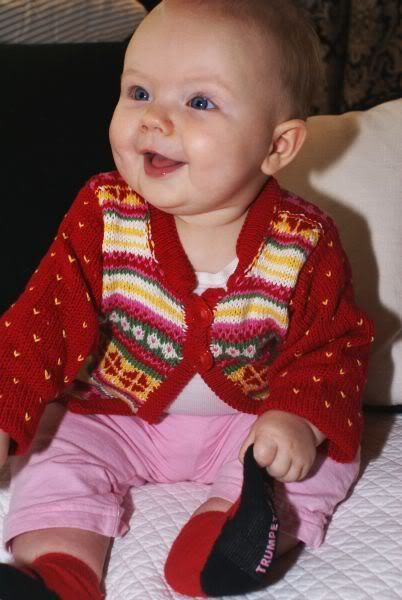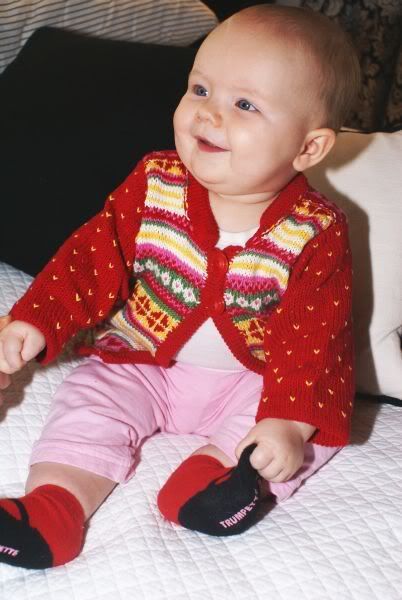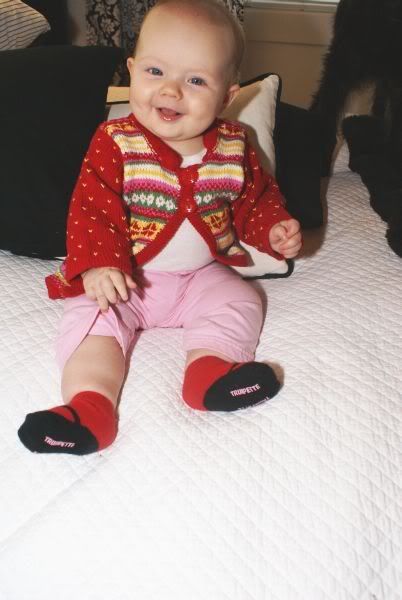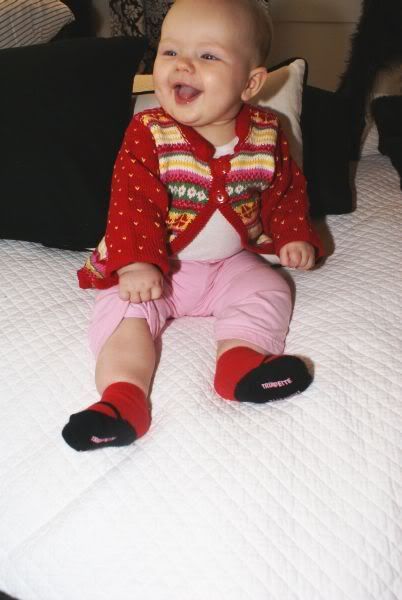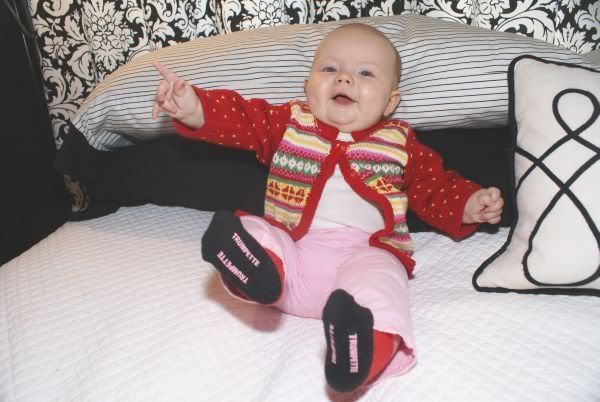There is a little lady here who has spent most of her life in the USA, now in her old age she is back in her hometown in a rest home
The poor little lady is alone and lonely. She phones my coworker frequently to bemoan her situation. Nobody comes to visit, she doesn't know anyone here anymore and so on. Today is her 91st birthday, so "someone" bought her a potted plant - a Hortensia if you know them.
We walk down the slippery hill from where we stay when we're in town, carrying Hortense in a plastic shopping bag between us. When we arrived to the door of her little apartment there's no answer, from inside the phone is ringing non-stop. Some of us are prone to take a running start in leaps to conclusions, so the nurses were expedited to open the place up, to murmurs of "oh we should have made this visit yesterday after all"
A nurse lady briskly and efficiently scanned the place:
nope, she's not here.
can we leave Hortense here?
yep no problem.
That's taken care of; Ms, Nurse locks the door, and I head down the hall to avoid the inevitable:
are you sure she's not in there?
Huh?
Well, did you check in the bathroom?
I quicken my pace, but Ms. Nurselady, who gets paid for stuff like this, kindly, patiently, in good humor jingles her keys around and opens the door again to look one more time.
By now I'm almost too far down the hall to be polite if anyone wants to catch up and walk with me, so I stop to study a reproduction of a very cool picture, “Brudeferd i Hardanger”. We've already walked down here once today, but now we're doing it again trying to find a little 91 year old lady who's mysteriously disappeared in the rest home.
Oh she's probably playing bingo Ms. Nurse tells us, so we head down to the Bingo Basement, and as we near the basement I see a little figure of a lady walking along pushing her wheeled walker.
I call out her name, she's not deaf, so she turns around to look, trouble is she's nearly blind, so can't really see me and turns away to keep going. We catch up with her at the elevator, and are joyfully received. Inside the elevator we stand and look at each other, and then we look at the floor, as people do in elevators, the door closes, but we don't go anywhere. I decide it's time to push a button, I push “2” for second floor. Our little old lady acquaintance steps into her role as hostess, and scathingly tells me I've pushed the wrong button and gives me a long hard and sharp look. I pretend not to notice, but being thin skinned and nearly 50, the side of my face begins to burn and I have to concentrate to keep it from twisting into an evil grimace.
We slowly walk back down the corridor and finally arrive to her little place again, inside she sees flowers from a relative... "oh no what am I going to do with these? I can't be watering these...I'll just have to take them down to the sitting room.” I comment that she has several flower pots in the windowsill, “oh yeah, they're all synthetic” (I was wondering, but didn't want to be so rude as to go and try to break off a leaf.) In spite of this she seemed pleased to see Hortense, the plant we had with us.
We started to visit with her, and were interrupted by a few lengthy phone calls, nephews calling to wish auntie happy birthday. I had time to type over half of this during one of the calls until my sensible cohort suggested we might as well leave!
We did leave, but after a cup of tea...I think she enjoyed her birthday in spite of herself!

